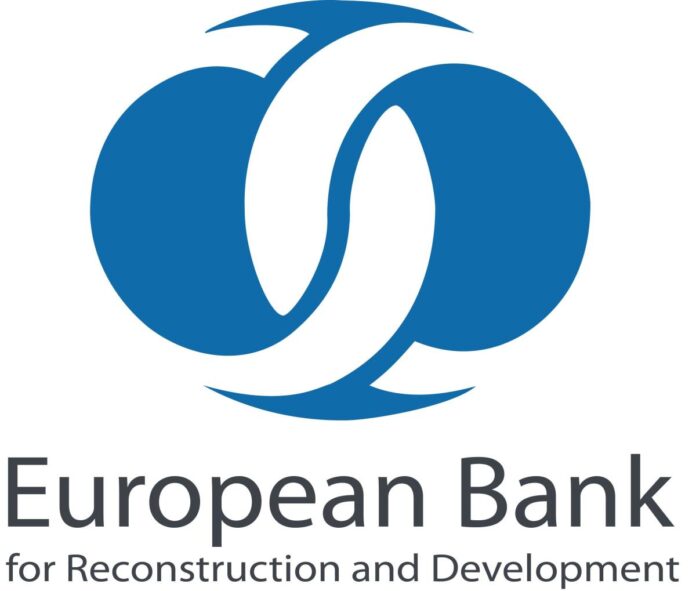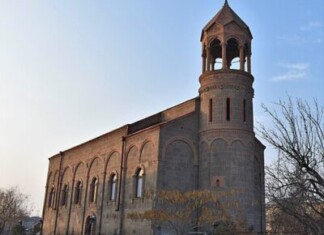By Joseph Shahbazian
Special to the Mirror-Spectator
In a convergence of geopolitical tides and economic discourse, the European Bank for Reconstruction and Development (EBRD) orchestrated a seminal conference in Yerevan, Armenia from May 14 to 16. Against the backdrop of the partial removal of Russian troops from Armenian territory, this gathering served as a crucible for probing the intricate interplay between neoliberal economic doctrine, globalization imperatives, and the geopolitical chessboard of the South Caucasus region.
The EBRD, an institution ostensibly dedicated to fostering post-Soviet economies towards market-oriented reforms, found itself at a crossroads as delegates from across the globe convened to scrutinize its role in shaping economic development. While the bank has long espoused the virtues of neoliberal policies — deregulation, privatization, and marketization — the partial withdrawal of Russian troops cast a sobering light on the geopolitical undercurrents that inform its operations.
The EBRD, serving as a vanguard of neoliberal orthodoxy, has long championed these policies as pathways to economic prosperity and global integration. However, the event in Armenian territory provides a stark reminder of the geopolitical dimensions that underpin the EBRD’s operations.
Armenia, with its tumultuous history of Soviet influence and geopolitical maneuvering, provided a poignant backdrop for these deliberations. For decades, the presence of Russian troops on Armenian soil had been emblematic of the country’s strategic alignment with Moscow, a relationship that intersected with its economic trajectory in profound ways. As the troops withdrew, questions abounded about Armenia’s geopolitical recalibration and the implications for its relationship with regional power dynamics.






